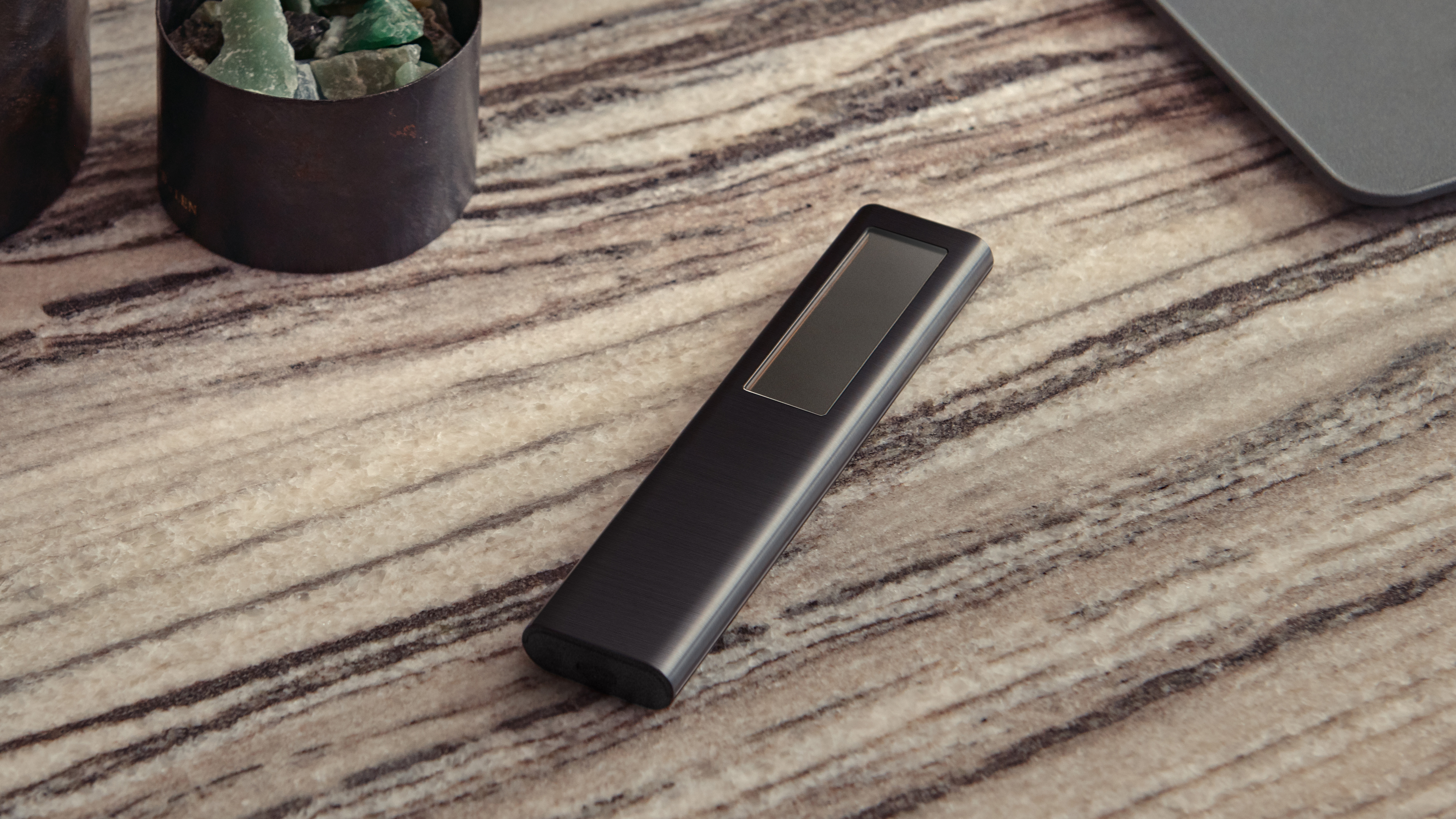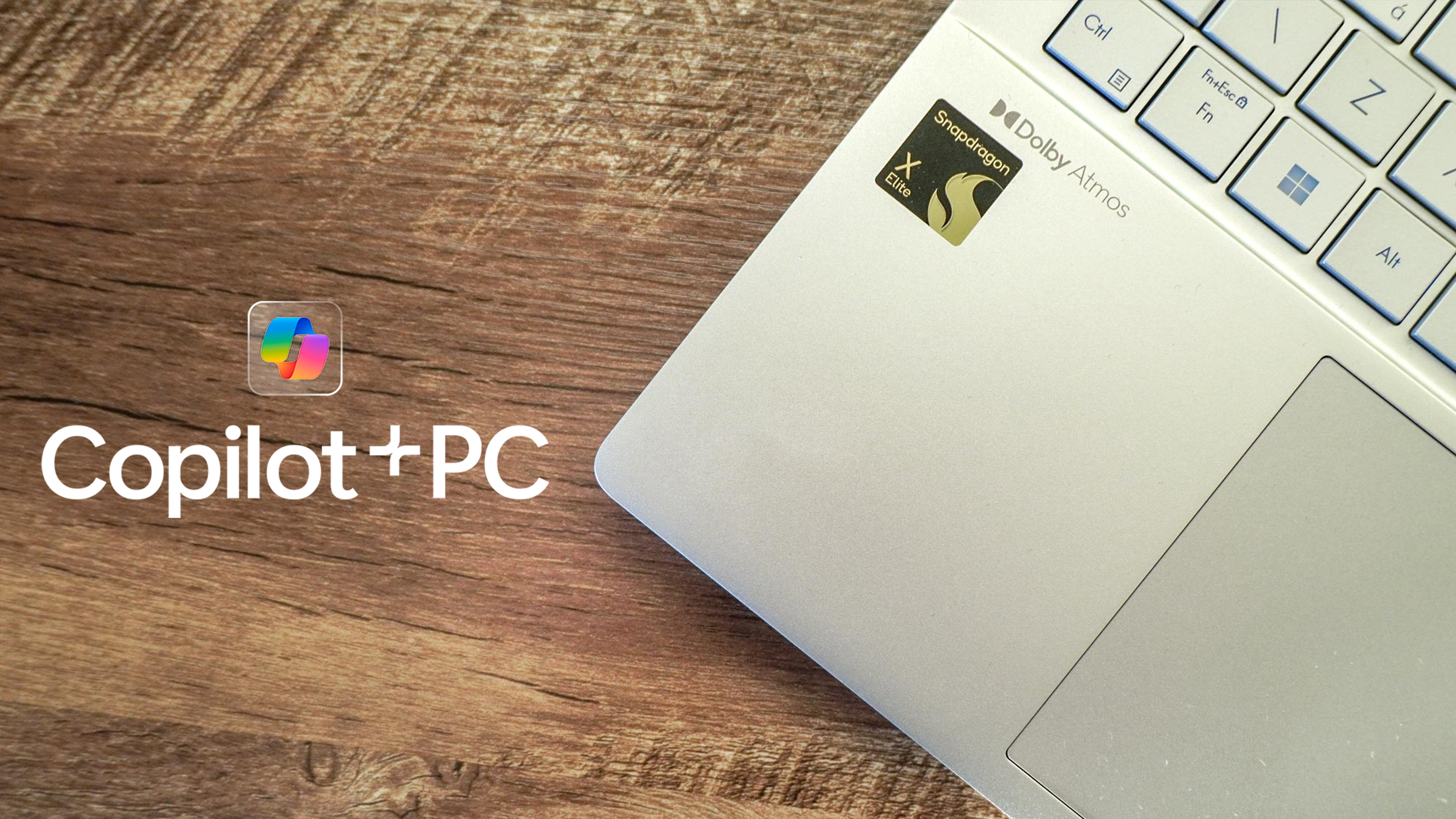The smartest TV tech of the year? Samsung's new solar remote
Samsung's solar-powered remote control is a smart change for more than one reason.

Here at Tom’s Guide our expert editors are committed to bringing you the best news, reviews and guides to help you stay informed and ahead of the curve!
You are now subscribed
Your newsletter sign-up was successful
Want to add more newsletters?

Daily (Mon-Sun)
Tom's Guide Daily
Sign up to get the latest updates on all of your favorite content! From cutting-edge tech news and the hottest streaming buzz to unbeatable deals on the best products and in-depth reviews, we’ve got you covered.

Weekly on Thursday
Tom's AI Guide
Be AI savvy with your weekly newsletter summing up all the biggest AI news you need to know. Plus, analysis from our AI editor and tips on how to use the latest AI tools!

Weekly on Friday
Tom's iGuide
Unlock the vast world of Apple news straight to your inbox. With coverage on everything from exciting product launches to essential software updates, this is your go-to source for the latest updates on all the best Apple content.

Weekly on Monday
Tom's Streaming Guide
Our weekly newsletter is expertly crafted to immerse you in the world of streaming. Stay updated on the latest releases and our top recommendations across your favorite streaming platforms.
Join the club
Get full access to premium articles, exclusive features and a growing list of member rewards.
The best changes to tech usually aren't big, innovative leaps. There are big, dramatic changes to tech, but when you're looking at consumer products with a yearly product cycle, those sorts of attempts at major innovation are just as likely to fizzle as they are to make a meaningful impact.
Iterative tweaks, on the over hand, can yield small, but lasting changes. It's usually in smaller adjustments that a product gets fine-tuned, progressing from "good" to "great" a few tweaks at a time. And my favorite small change so far in 2021 has to be Samsung's Solar Cell Remote, the solar-powered remote control that will be included with the new Samsung Neo QLED TVs. It's not just my favorite thing from Samsung's 2021 TV lineup, it might be the smartest change to TVs all year.
- Check out the best TVs we've reviewed
- Questions answered: What size TV do I need?
Granted, I spend a lot of time thinking about the details of TV design and interaction. I've handled a lot of TV remotes as a reviewer, and I've got opinions about all of them. But the remote has always been something of an inconvenience. It's a new interface to learn, it's another device to lose, and it's yet another product that needs batteries.
That last weakness might just be solved, though. Samsung has made a big push to improve the sustainability of its TV products, revamping the packaging to use no oil-based inks and using more recycled plastics in manufacturing. (The new remotes are also 24% recycled plastic.) But the best move is the addition of a rechargeable battery and solar cell on the back of the TV remote.
In terms of environmental impact, it's actually a pretty big change. When our own Kate Kozuch interviewed Mike Kadish, director of product marketing for Samsung, he laid it out simply: "Each remote comes with two triple-A batteries, and if we’re able to keep two triple-A batteries out of a landfill, multiply that by all the millions of TVs we sell, we’re talking scale, and that’s a ton of batteries we’re able to keep out of the landfills by your house and mine." In fact, over the 7-year life of one of these solar remote rechargeable batteries, Samsung estimates that it will keep 99 million batteries from being used and discarded.
But the secondary effect of this change is that you'll never find yourself stuck in that awkward moment when you've opened Netflix, but can't select a movie because your batteries just died. That little solar cell on the back of the remote can pull enough power from indoor lighting to keep the rechargeable battery topped up for up to two years before it needs to be plugged in and charged (via USB-C port), and the battery itself is rated for seven years of use, roughly the usable life of the TV it comes with.
And that's the best kind of innovation, because it solves more than one problem at a time. It's not a new technology – it's the solar tech of an 80's pocket calculator applied to the TV remote, it could have been done pretty much anytime in the last 40 years – but it's a smart idea. Your life is a little easier thanks to the change, and the world is a little better off because of it.
Get instant access to breaking news, the hottest reviews, great deals and helpful tips.
It's also the sort of change that a lot of manufacturers might not want to do. It's a small convenience that will go unnoticed by the user 99% of the time. There are plenty of reasons that a business would choose not to pursue this sort of change – it took time and budget that could have been used developing some more impressive feature, it adds complexity to the manufacturing process, and nobody is likely to buy a $1,000+ TV based on the design of the remote.
It doesn't solve all of my gripes with TV remote controls. I'd love to have programmable buttons for favorite apps instead of dedicated buttons that are basically paid promotion. A button on the TV that made the remote beep would make them enormously easier to find (I can't tell you how many times my toddler has found new places to hide the remote or just put it in the garbage can). Backlit buttons or a bit of glow in the dark paint would make the controls more readable when watching movies in a dark room.
But if I never again have to dig through the junk drawer, hoping that we have a pair of fresh AAA batteries so that I can just watch a show in peace? Well, that's one less thing I'll have to worry about. And isn't that what we really want our technology to do?
- NEXT: TV buying guide — 9 things you need to know before you buy
Brian Westover is currently Lead Analyst, PCs and Hardware at PCMag. Until recently, however, he was Senior Editor at Tom's Guide, where he led the site's TV coverage for several years, reviewing scores of sets and writing about everything from 8K to HDR to HDMI 2.1. He also put his computing knowledge to good use by reviewing many PCs and Mac devices, and also led our router and home networking coverage. Prior to joining Tom's Guide, he wrote for TopTenReviews and PCMag.
 Club Benefits
Club Benefits











